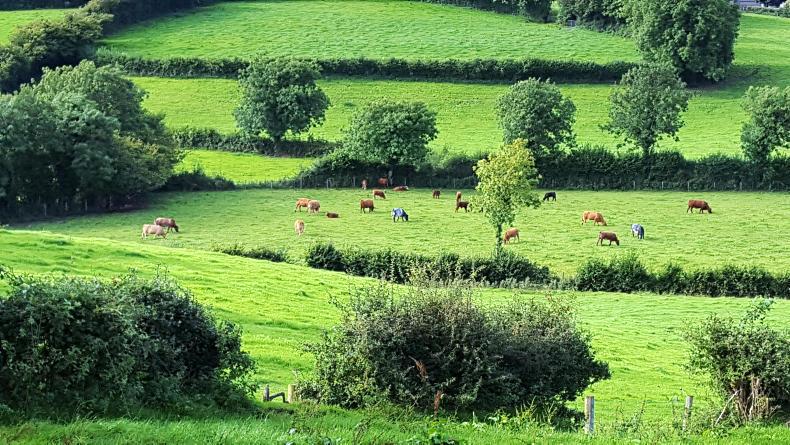Last weekend, Defra Secretary of State Michael Gove outlined his plans for a new environmental protection body, independent of government, but with statutory powers, and in place once the UK leaves the EU.
It reinforces the view that this government minister is, first and foremost, an environmentalist. He again repeated his mantra about delivering a ‘‘green Brexit’’, and has consistently argued that Brexit brings with it the opportunity for the UK to not just maintain current standards, but to enhance them.
Also hitting the headlines over the past few days has been the EU (Withdrawal) Bill currently going through the British parliament. Getting this legislation through Westminster looks set to be a tortuous process, with the most recent disagreements including whether the bill should include the date for withdrawal (29 March 2019). But assuming it does become law, the bill will effectively translate all existing EU legislation into UK law once the UK leaves.
So, taking everything together, if farmers thought that Brexit would deliver less environmental rules and regulations, it looks like they will be disappointed.
Of course, NI might not have to follow the route of the English and put in place some form of independent environmental protection agency post-Brexit. That was a point acknowledged by Secretary Gove at the weekend, when he suggested that devolved administrations could take a different approach.
However, the creation of an independent environment agency is something supported by a number of political parties in NI, and in December 2015 the then environment minister, Mark H Durkan proposed setting up a new body outside of central government.
His plan didn’t get too far at the time, with the former DAERA minister Michelle McIlveen making it clear when she came to the post, that she had no plans to introduce an independent environment agency. But in the longer term, it could be difficult to resist such a change.






 This is a subscriber-only article
This is a subscriber-only article










SHARING OPTIONS: